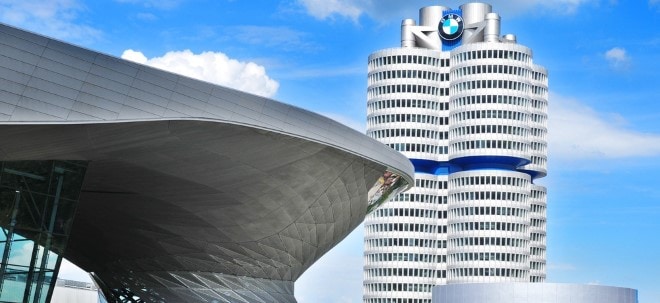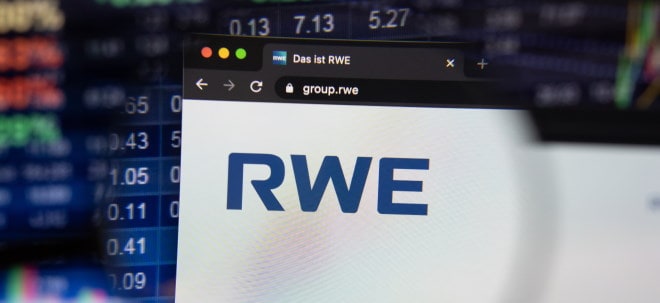Medicines for Poland: Europe Faces a Critical Choice on Medicines and Market Reform
Werte in diesem Artikel
WARSAW, Poland, May 15, 2025 (GLOBE NEWSWIRE) -- Member States are nearing the end of discussions on EU pharmaceutical reform to ensure affordable medicines and support EU manufacturing in Europe. This will enhance the Union’s strategic resilience and autonomy, promote economic growth, and strengthen the sustainability of national healthcare systems.
Europe is facing shortages of medicines, with dependence on the supply of key pharmaceutical ingredients from Asia reaching 80%. Restoring essential medicine production is vital to Europe’s strategic resilience and economic growth. Given current geopolitical tensions and financial pressure linked to expanding the EU’s defence capabilities, it is essential to foster pharmaceutical market competition to help reduce healthcare spending.
The current EU list of critical medicines essential to life and health must be supported by financial instruments to guarantee their production. Manufacturing medicines in the EU is more expensive than in Asia. Restoring this capacity requires addressing cost disparities. A dedicated support fund for the production of critical medicines is urgently needed.
The EU’s intellectual property rules, which guarantee the world’s longest exclusivity periods, foster innovation. However, prolonging monopolies and blocking price-lowering competition will not strengthen Europe’s innovative capacity; instead, it will cost EU healthcare systems an additional €20-100 billion, depending on the duration of the extension. Aligning exclusivity periods with global standards – such as shortening them by two years – could save €10 billion annually and significantly improve access to medicines in Central and Eastern Europe.
All registration and reimbursement procedures must be allowed to take place during the patent protection period. This would ensure availability from the first day after patent expiry. A broad Bolar exemption could enable this by ensuring legal certainty for generic producers seeking reimbursement immediately after patent expiry.
In the coming days, it will become clear whether broader access to affordable medicines in the EU will be possible. For this to happen, Member States must agree to these reforms.
Now is the time for the European Union to resist efforts to block pharmaceutical legislation reform and support competition for the benefit of patients. The current revision of the pharmaceutical directive offers an opportunity to restore competitive balance in the EU market, improve access to therapies, boost pharmaceutical production, and deliver both economic growth and strategic security for Europe.
Source: Medicines for Poland

CONTACT: Kamil Ciepienko tel. 509 556 592 e-mail: pharma@art-media.com.pl
Nachrichten zu Mitsubishi Materials Corp
Keine Nachrichten im Zeitraum eines Jahres in dieser Kategorie verfügbar.
Eventuell finden Sie Nachrichten, die älter als ein Jahr sind, im Archiv
Analysen zu Mitsubishi Materials Corp
Keine Analysen gefunden.

